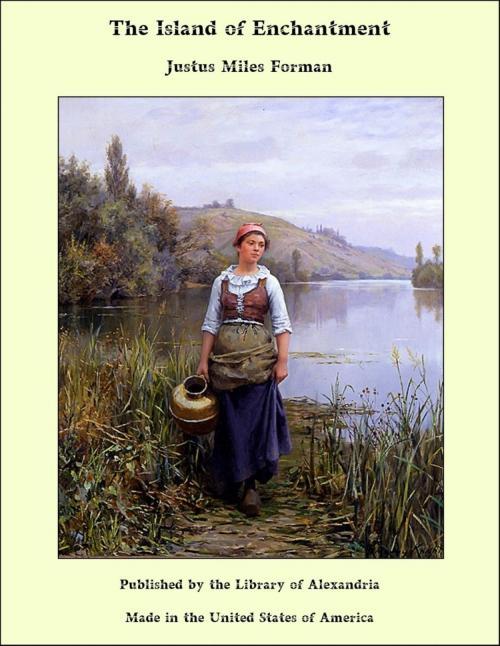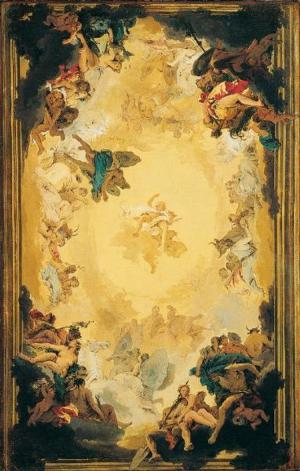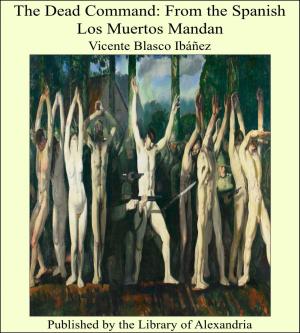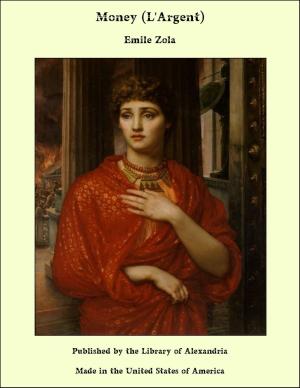The Island of Enchantment
Nonfiction, Religion & Spirituality, New Age, History, Fiction & Literature| Author: | Justus Miles Forman | ISBN: | 9781465603111 |
| Publisher: | Library of Alexandria | Publication: | March 8, 2015 |
| Imprint: | Language: | English |
| Author: | Justus Miles Forman |
| ISBN: | 9781465603111 |
| Publisher: | Library of Alexandria |
| Publication: | March 8, 2015 |
| Imprint: | |
| Language: | English |
Evil tidings have their own trick of spreading abroad. You cannot bury them. The news which had come secretly to Venice was known from the Giudecca to Madonna dell'Orto in two hours. Before noon it was in Murano. Young Zuan Gradenigo, making his way on foot from the crowded Merceria into the Piazza di San Marco, ran upon his friend, the young German captain, whom men called Il Lupo—his name was Wölfart—and learned, what almost every other man in the city already knew, how Lewis of Hungary, taking excuse of a merchant ship looted in Venetian waters, was on his way to a second invasion, and had given over the Dalmatian towns to the ban of Bosnia to ravage. The two men were still eagerly discussing the matter and its probable outcome, half an hour later, standing beside one of the gayly painted booths which, at this time—the spring of 1355—were clustered about the foot of the great Campanile, when a servant in the livery of the doge touched young Zuan's arm and, in a low tone, gave him a message. Gradenigo turned back to the German. "My uncle wishes to see me at once in the palace," he said. "If you are not pressed, go to my house and wait for me there. I may have important news for you." Then, with a parting wave of the hand, he went quickly across the Piazzetta and under the gateway to the right of St. Mark's. At the head of the great stair two men were awaiting him, and they led him at once through a narrow passage with secret sliding-doors to an inner cabinet of the private apartments of the newly elected doge, his uncle, Giovanni Gradenigo.
Evil tidings have their own trick of spreading abroad. You cannot bury them. The news which had come secretly to Venice was known from the Giudecca to Madonna dell'Orto in two hours. Before noon it was in Murano. Young Zuan Gradenigo, making his way on foot from the crowded Merceria into the Piazza di San Marco, ran upon his friend, the young German captain, whom men called Il Lupo—his name was Wölfart—and learned, what almost every other man in the city already knew, how Lewis of Hungary, taking excuse of a merchant ship looted in Venetian waters, was on his way to a second invasion, and had given over the Dalmatian towns to the ban of Bosnia to ravage. The two men were still eagerly discussing the matter and its probable outcome, half an hour later, standing beside one of the gayly painted booths which, at this time—the spring of 1355—were clustered about the foot of the great Campanile, when a servant in the livery of the doge touched young Zuan's arm and, in a low tone, gave him a message. Gradenigo turned back to the German. "My uncle wishes to see me at once in the palace," he said. "If you are not pressed, go to my house and wait for me there. I may have important news for you." Then, with a parting wave of the hand, he went quickly across the Piazzetta and under the gateway to the right of St. Mark's. At the head of the great stair two men were awaiting him, and they led him at once through a narrow passage with secret sliding-doors to an inner cabinet of the private apartments of the newly elected doge, his uncle, Giovanni Gradenigo.















